Behind the scenes of the campaign: Discover the circular advantage of mail
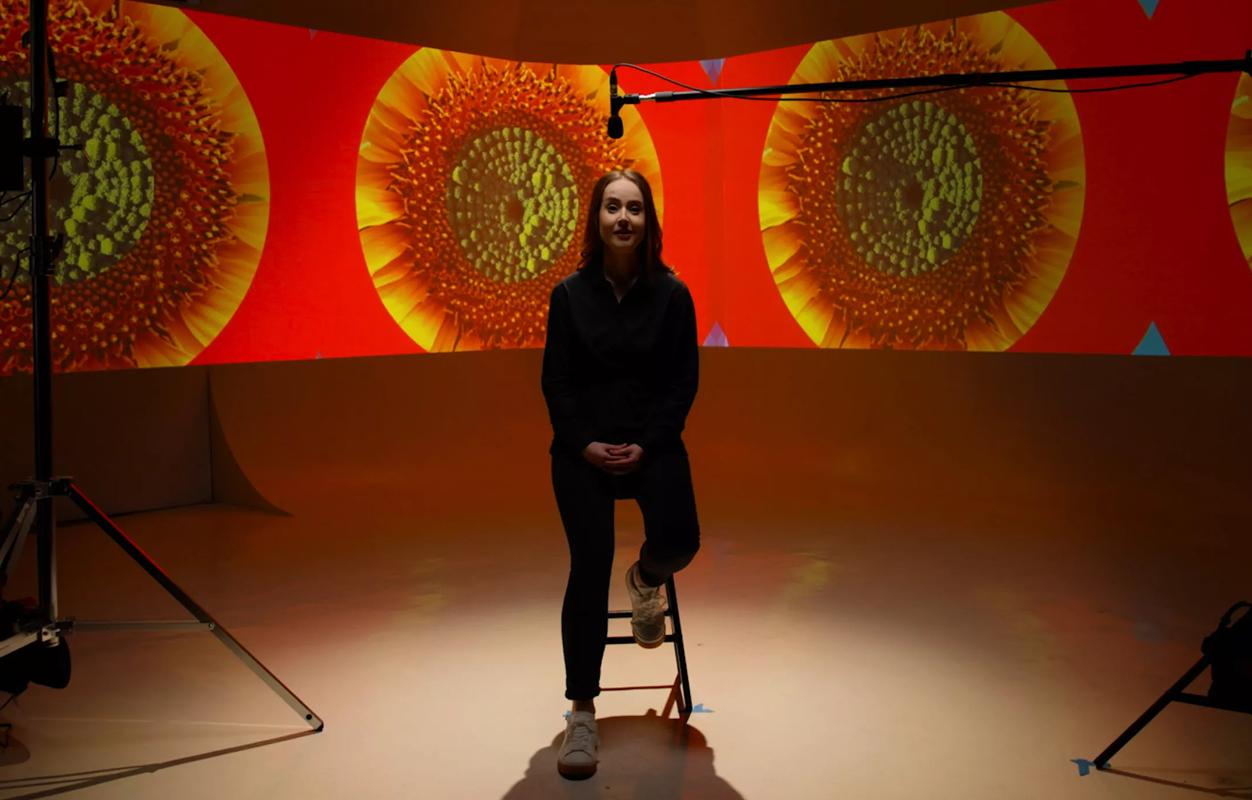
Living in a digital-first age has created myths around how sustainable mail can be.
We live in a digital world and so naturally much of our communications have moved from paper to digital. Often this has been under the guise of sustainability, which as a result has started to position physical mail as more wasteful and with a higher carbon impact than ‘paperless’.
Although we know digital media has a carbon footprint, 1 it often seems invisible, as if it runs on unicorn breath. Compared to the tangible process of throwing away physical mail, it’s easy to forget what storing hordes of digital data and documents in a virtual cloud can mean for the planet.
So, we might be aware that paper is readily recycled but perhaps don’t realise just how sustainable mail can be.2
Learn more about the sustainability of mail.
The first carbon lifecycle assessment of mail.
We started this journey by looking inwardly. We had to understand, what was the carbon impact of the supply chain first. As champions of mail media, committed to sustainability, Marketreach had a duty and a responsibility to find out the answer to this question.
So, they commissioned the first ever carbon Life Cycle Assessment (LCA) of Mail, which measured the carbon impact of 10 different mail formats right the way through their life cycle - from raw materials, printing and delivery, to what happens to that piece of mail at the end of its useful life.
This piece of work was a UK industry-first; the first time the carbon impact of an entire media channel has been measured. The report can be found here.3
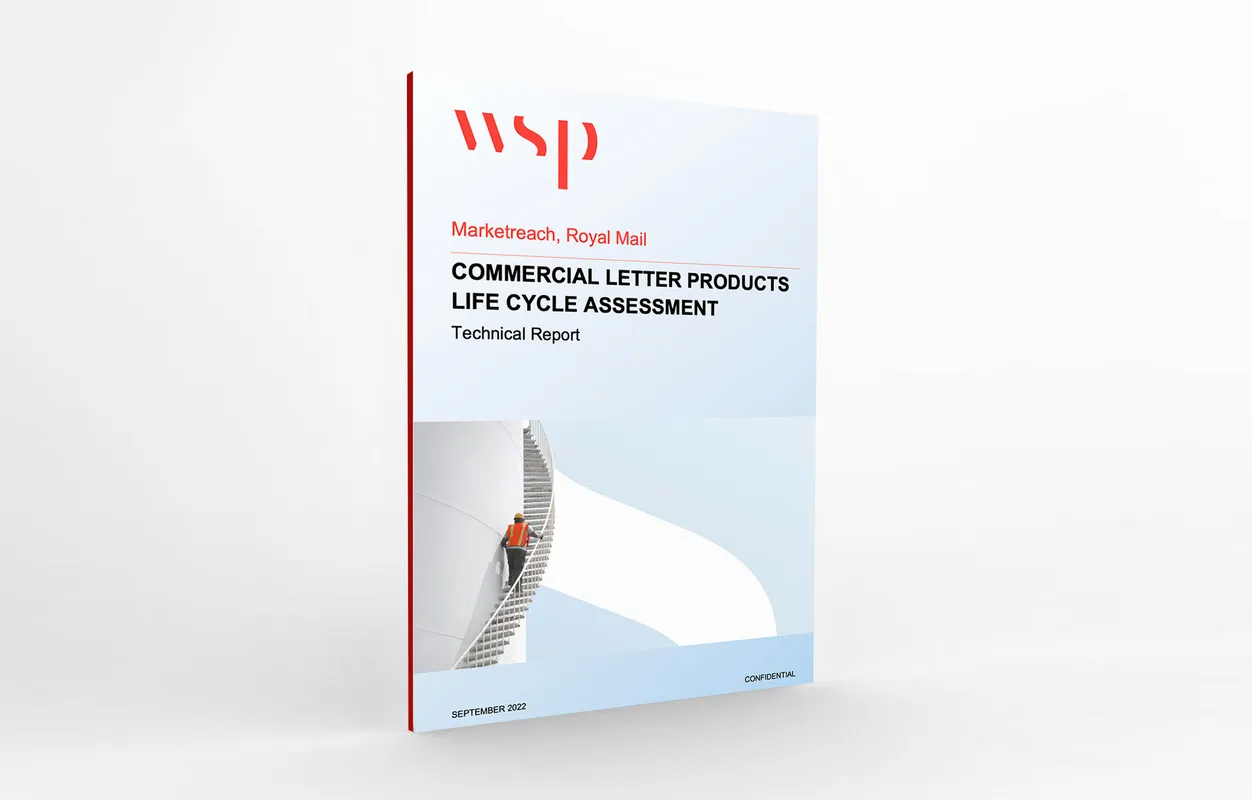
What did we discover?
Mail and Circularity.
The LCA has been a ground-breaking piece of work that has uncovered so much about the mail channel.4 It is a significant report that could change how we think and feel about paper vs pixels.5
The findings from it demonstrate that we can debunk the myth that ‘paperless is good’ and ‘paper is bad’ and more importantly start to look at ways to address carbon hotspots in the supply chain. The start on the sustainability journey that Marketreach needed.
When you see the whole picture, the full life cycle, you really can begin to see mail in a whole new light. You can see where waste can be designed out of the process, and this brought us to the concept of circularity.6 The holy grail of sustainability and we were up for it!
We found that by following the ideas of circularity, mail can be a sustainable choice.
Circularity is about eliminating waste and pollution, circulating products and materials, regenerating nature, and creating an economy that benefits people, business and the natural world.
And by applying the right methods in the creation of mail packs it is possible to discover the circular advantage of mail.7
This was the catalyst to the core thinking that shaped our campaign.
Making the mail LCA information useful – and easy to understand.
Our life cycle assessment was designed to ensure anyone can make decisions based on transparent and robust data to ultimately lower the carbon impact of mail.
The LCA doesn’t just itemise the carbon hotspots in a supply chain, it offers recommendations and opportunities to produce mail more sustainably.
- Now how to make this data user-friendly? We created an interactive online tool8 which provided an easy way to access the information from our LCA.
The online tool allows users to see the differences each mail format has at every stage of its lifecycle in a succinct way. - Plus we explain how the‘4 x Rs’ of circularity work in the context of mail9 to break down and simplify each stage of mail’s journey. These 4 x R’s are regeneration10, reinvention11, reduction12 and reuse/recycling13. They are core pillars of circularity. Within each of these there are many changes that can be made and processes to follow to reduce the carbon impact of mail
So, by using the life cycle assessment and ‘Using Mail More Sustainably Guide’14 that Marketreach provide, everyone can take advantage of the circular nature of mail.
Sharing mail’s sustainability story with advertisers and the wider industry.
We were delighted with what we discovered through our life cycle assessment, and we wanted the world to know about it.
Our campaign ‘Discover the circular advantage of mail’, launched in May 2023.

It’s a campaign that’s changing how Marketreach are operating and how marketers are considering mail within their marketing mix.
We already know that mail can be a highly effective and creative media channel, but we now know it can be a sustainable choice too.
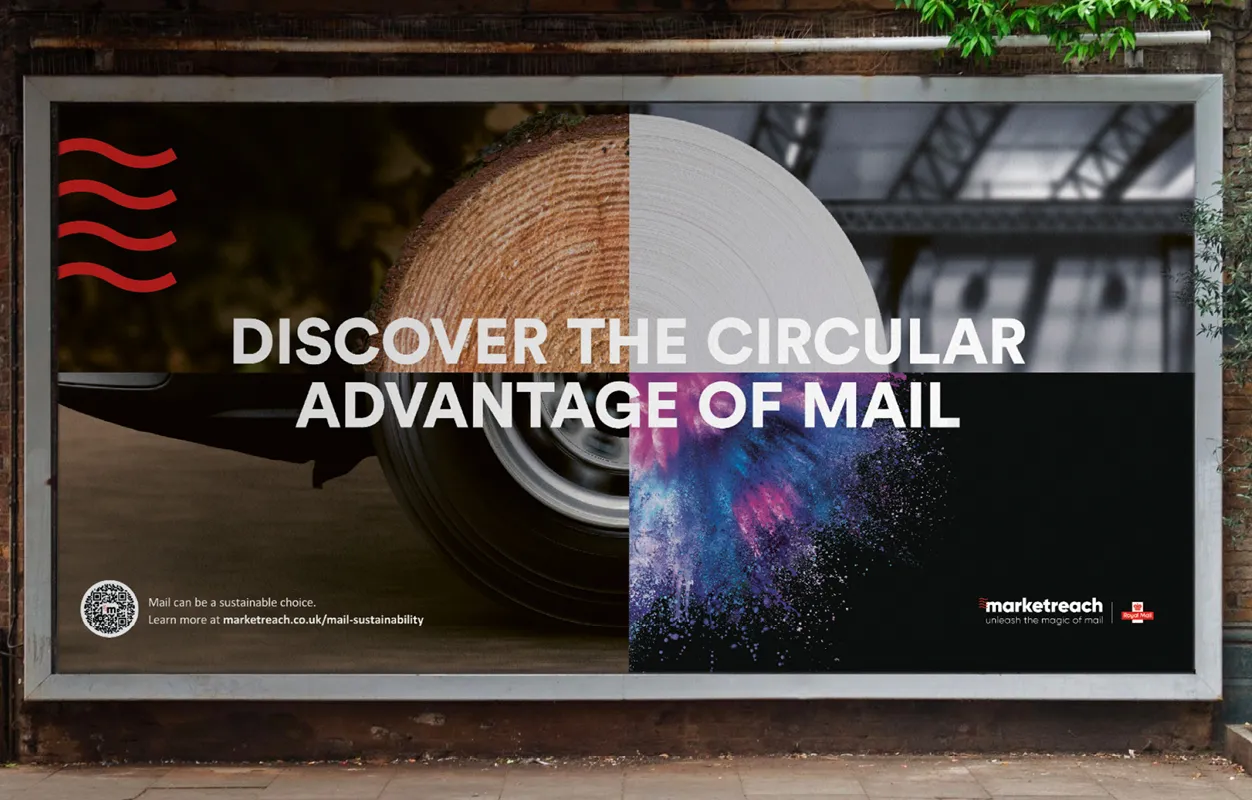
Walking the walk, as well as talking the talk.
But it’s no good launching a sustainability campaign in an unsustainable way.
We were conscious of the impact in the making of our campaign.
- We shot the campaign film in a studio instead of going on location and chose to use recycled footage. We even travelled by electric train to get there and had locally sourced vegetarian catering on the day too! Delicious 😊
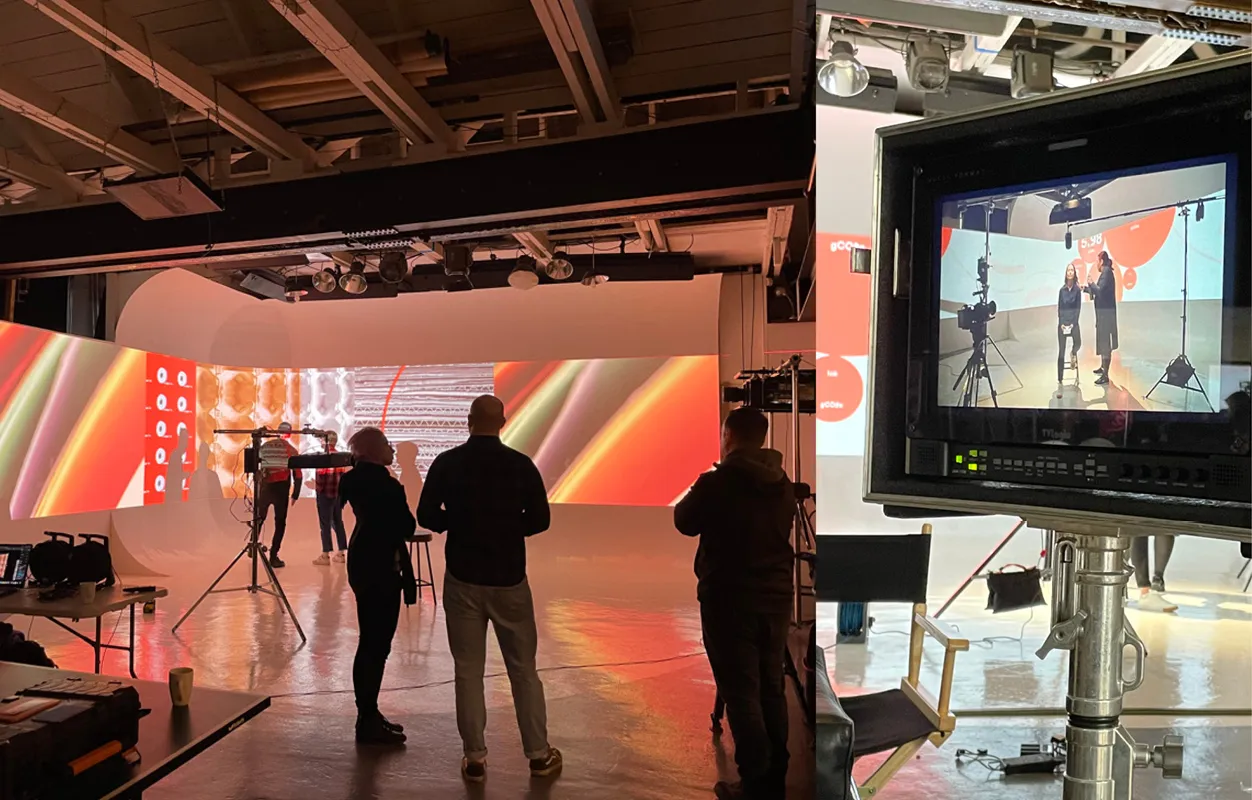
- We were also mindful in our other media choices – including using sustainably printed out of home fly posters.
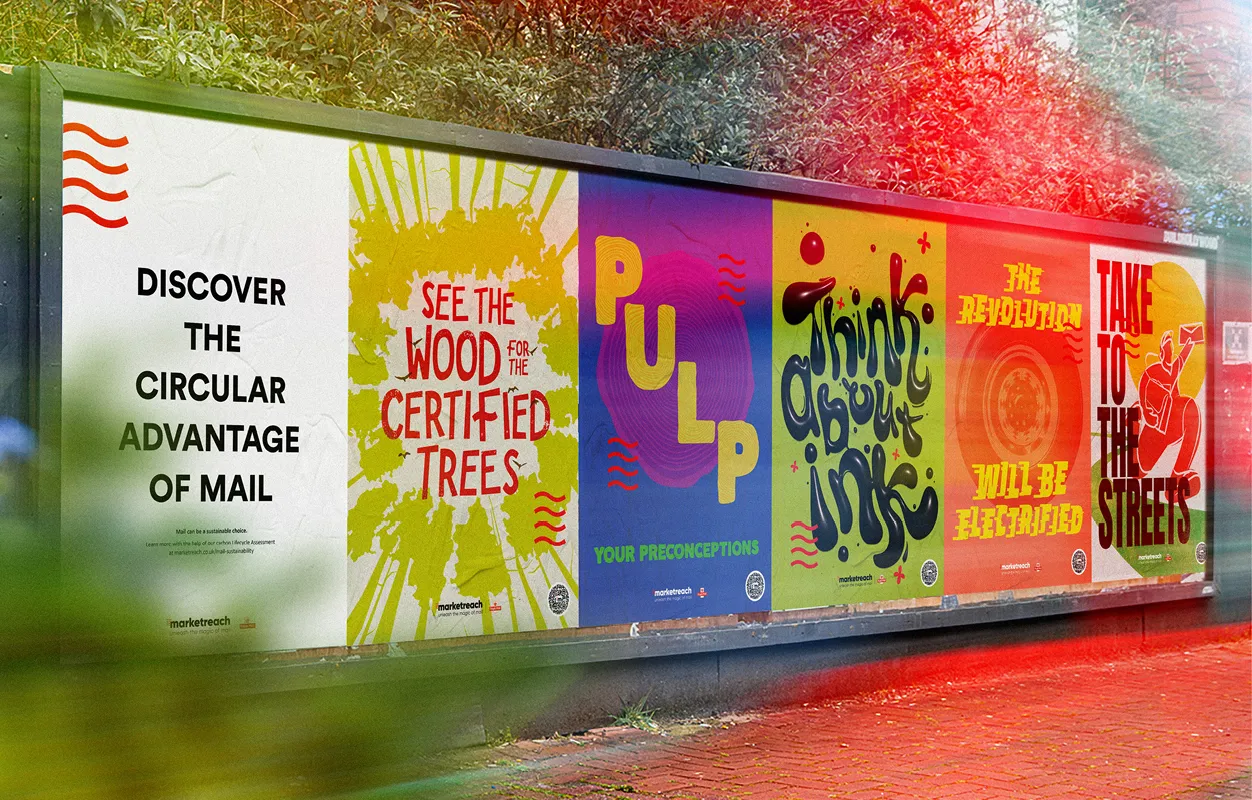
- Repurposing assets as much as we possibly could to maximise efficiency
- And, of course, we created our mail packs in the most carbon-efficient way possible15.
- Using vegan inks, FSC accredited paper, printers run on renewable energy and posted via Royal Mail some of which would have been delivered by posties on foot.
- And we provided transparency of our mailer’s carbon footprint using data from the LCA tool.
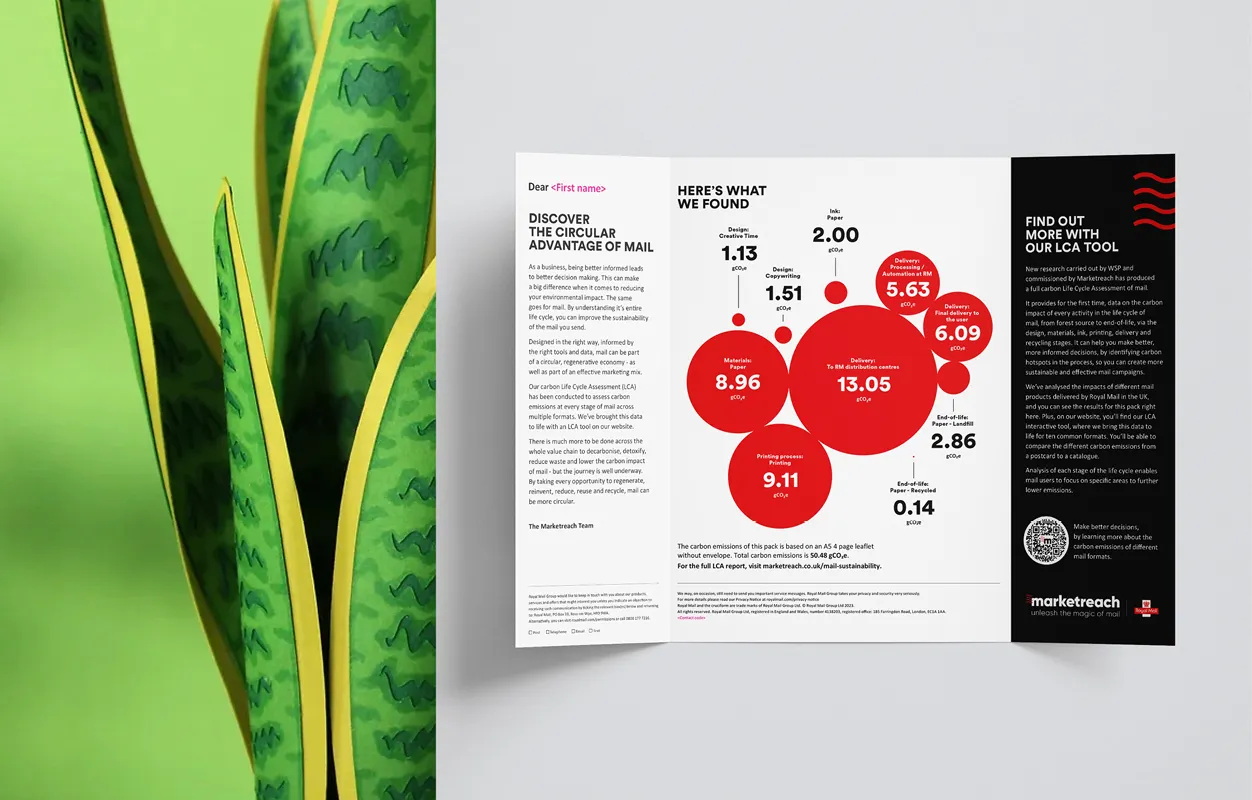
Looking to the future.
Sustainability is too important a subject for the future of mail to be left to a one-off campaign.
Its impact aims to live on for much longer and should continue to make a huge difference to every mail produced and delivered.
This is part of Marketreach’s long term commitment to lead the way alongside the print and mailing industry to create a more sustainable mail channel.
We’re working with partners across the sector to champion best practice, innovate, educate our peers and change behaviours that have a positive impact on people and the planet.
We can see a future where mail continues to be an important and trusted form of communication but where ALL mail is carefully designed, produced, and recycled in ways that support a long-term, sustainable and circular economy.
Hopefully, this work provides a blueprint for other sectors and of course everyone within our sector can get involved. Although we are proud of the work above, it is just the beginning of our journey in circularity.
If you’re interested in mail inspiration, thought leadership, case studies and of course updates the channel’s sustainability journey why not sign up to our monthly newsletter.
- Discover the Circular Advantage of Mail: https://www.marketreach.co.uk/sustainability
- WSP & Marketreach, Mail Carbon Life cycle Assessment Report: https://www.marketreach.co.uk/resource/using-mail-more-sustainably
- Using Mail More Sustainably Guide: https://www.marketreach.co.uk/resource/using-mail-more-sustainably
- Ellen MacArthur Foundation: https://www.ellenmacarthurfoundation.org/
- https://www.myclimate.org/en/information/faq/faq-detail/what-is-a-digital-carbon-footprint/#:~:text=The%20digital%20transformation%20has%20brought,emissions%20than%20one%20might%20expect.
- https://www.marketreach.co.uk/sustainability
- https://www.marketreach.co.uk/resource/using-mail-more-sustainably
- https://www.marketreach.co.uk/
- https://www.marketreach.co.uk/resource/paper-vs-pixels-why-mail-can-be-sustainable-choice
- https://www.ellenmacarthurfoundation.org/topics/circular-economy-introduction/overview
- /node/303
- https://www.marketreach.co.uk/sustainability
- https://www.marketreach.co.uk/sustainability
- https://www.marketreach.co.uk/mail-sustainability/regenerate
- https://www.marketreach.co.uk/mail-sustainability/reinvent
- https://www.marketreach.co.uk/mail-sustainability/reduce
- https://www.marketreach.co.uk/mail-sustainability/reuse-recycle
- https://www.marketreach.co.uk/resource/using-mail-more-sustainably
- https://www.marketreach.co.uk/case-study/marketreach-sustainability-campaign





